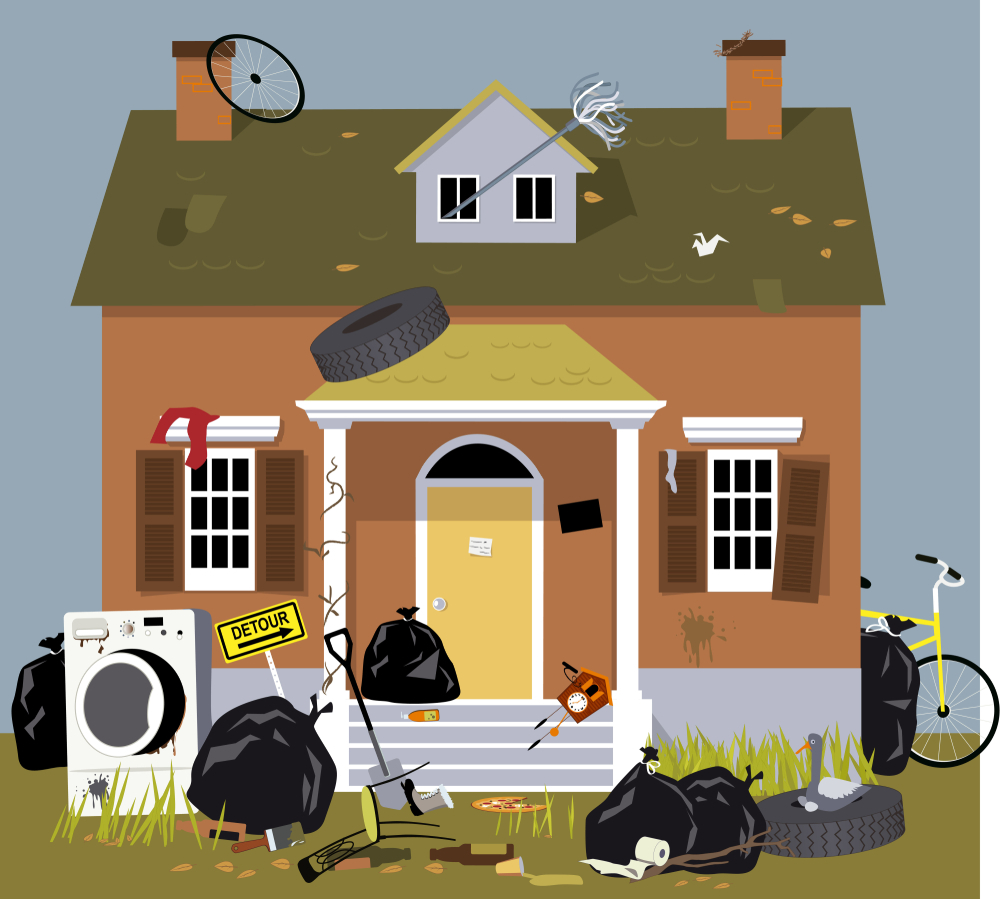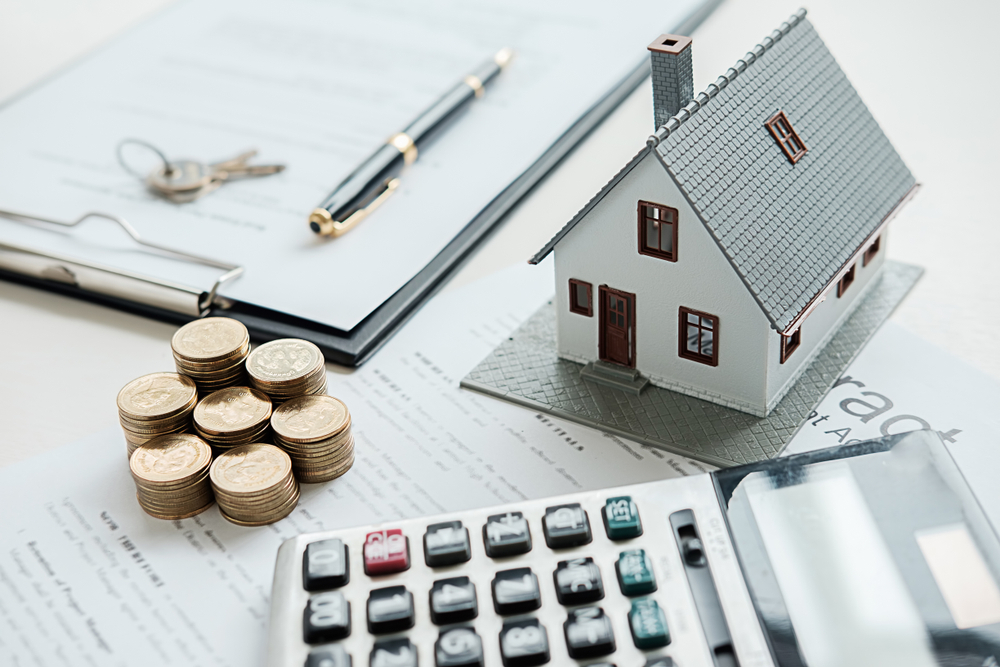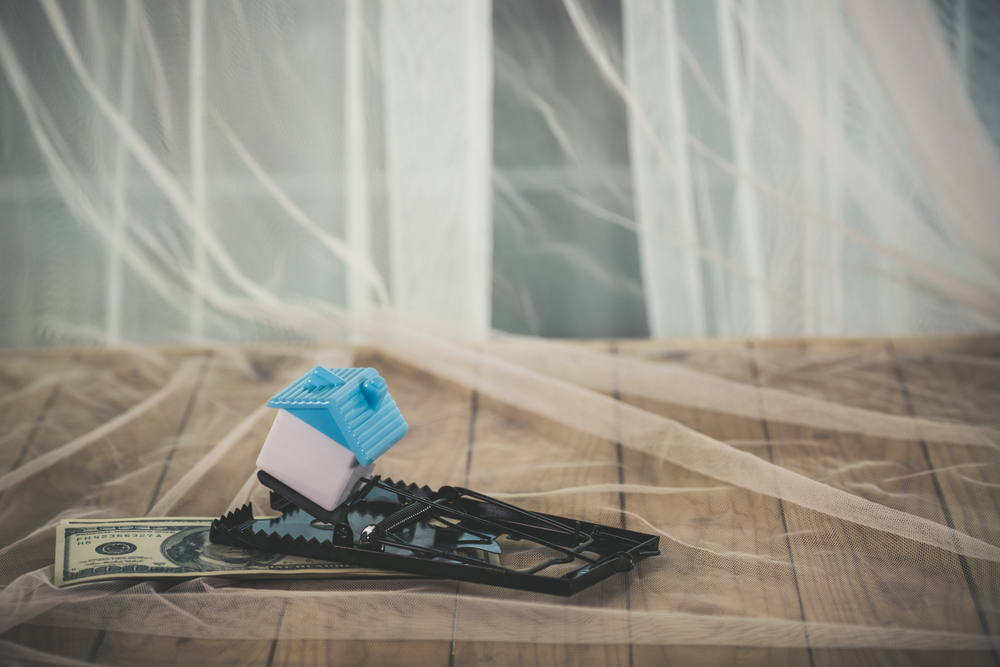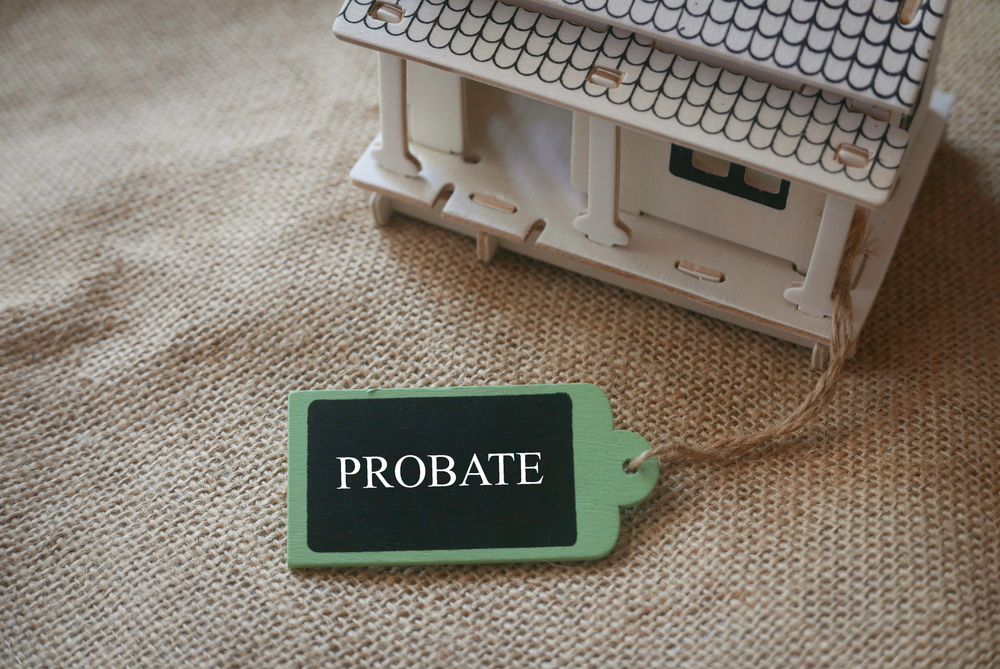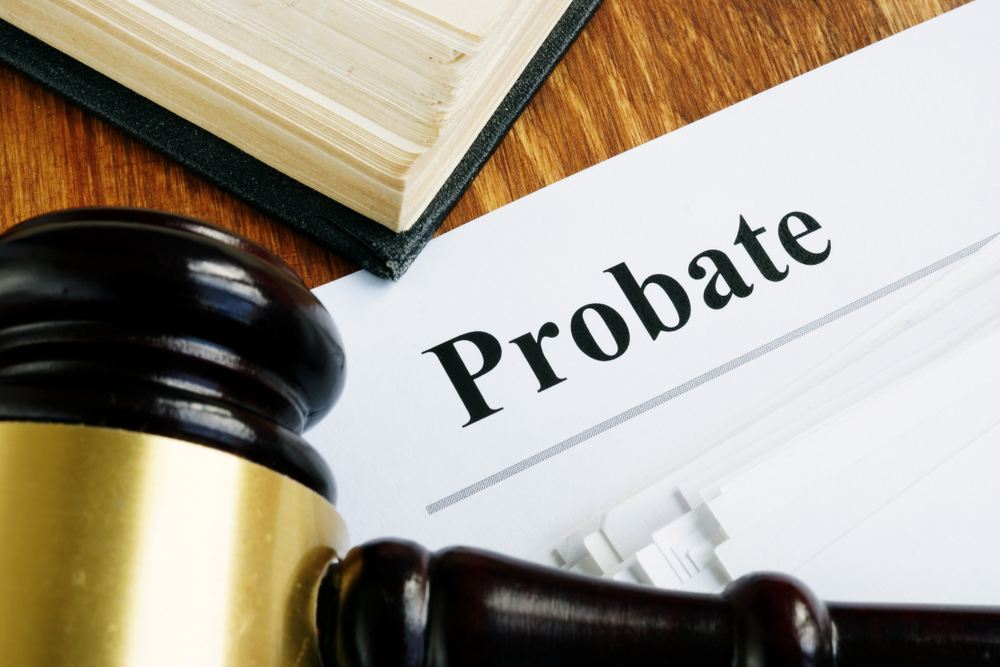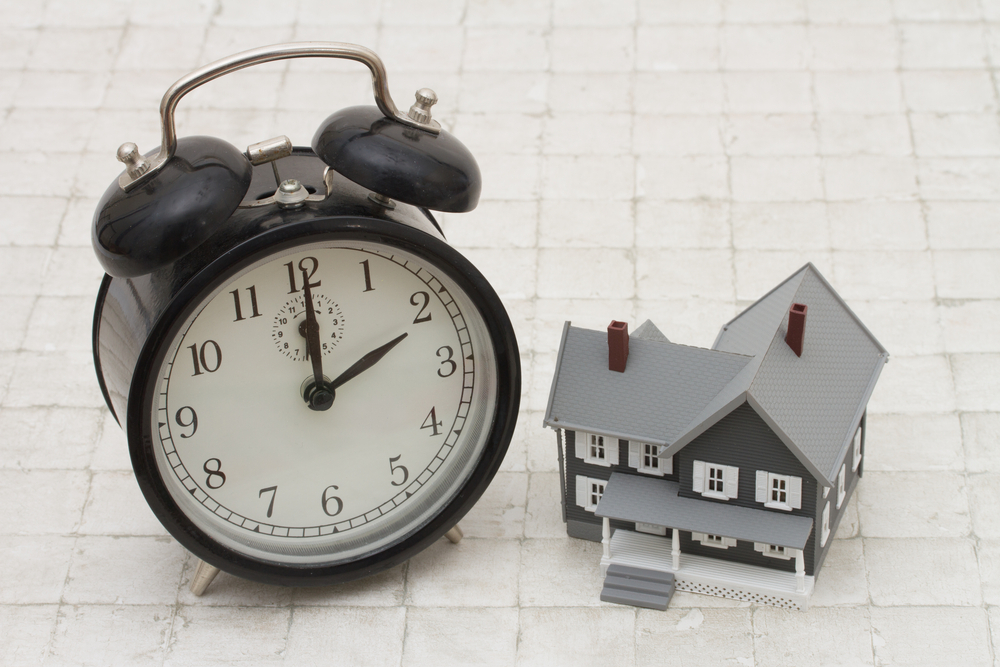Pros and Cons of Townhouses: What You Need to Know?
For those considering purchasing a property, townhouses are a viable option rather than single-family homes or condominiums. And if you’re looking for a rental property, you can find yourself in the same situation. In this article, we’ll go over some of the advantages and disadvantages of townhouse living so that you can make an informed decision. Families and individuals have a wide range of housing options to choose from in today’s market. The benefits and drawbacks of living in a single-family house, a condominium, or a townhome are all different. The many pros and cons of owning a townhouse should be carefully weighed before making a decision. What is a Townhouse? Everyone has seen one of these free-standing houses that dot the landscape. Even in suburban and metropolitan areas, you can find townhouses scattered about. Townhouses have numerous levels and share only one or two walls with the residences next door. It is a multistory residence that shares at least one wall with an adjacent property that is referred to as a townhouse or row house, respectively. You have your own entrance and, in some cases, your own basement, driveway, garage, and backyard if you live in a condominium. A homeowners association, sometimes known as a HOA, will typically govern the property. Pros Of Townhomes Let’s take at the list of pros. These are the benefits you can expect when buying a townhome. 1- Affordability It is not always cheaper to buy a townhouse than separate property. The townhouse, on the other hand, is often less expensive to buy if you’re comparing it to a single-family home in the same neighborhood with a similar interior and renovations. Why is this so? Building properties that share walls is cheaper than building them individually, therefore the savings are passed on to customers. 2- Amenities Many townhouse communities have amenities in the common areas that might improve your overall quality of life. Some HOA fees may include access to community amenities such as a playground, swimming pool, fitness centre, tennis court or clubhouse where you can host parties and entertain guests. 3- Easier Maintenance When you purchase a detached single-family home, you assume responsibility for a plethora of exterior upkeep tasks and responsibilities. You’ll need to keep up with the lawn maintenance on your property, arrange for snow removal (or shovel it yourself), and take care of the plethora of other responsibilities that come with owning a separate house. Generally, when you purchase a townhouse, you will only be responsible for the interior of your property because your HOA will often take care of the exterior upkeep. For those who are first-time homebuyers, a townhouse may be an excellent starting point, especially if they aren’t sure how much upkeep they will have the patience for. 4- Freedom Townhouse owners are required to follow the guidelines set out by the HOA. To ensure that the properties are kept in a certain manner, the HOA adopts bylaws. In contrast to condominium owners, townhouse owners, on the other hand, have greater flexibility in making decisions about the interior and exterior of their homes. Cons Of Townhomes Let’s take at the list of cons. These are the cons you can expect when buying a townhome. 1- Hoa Fees Your townhouse may not be as economical as you think because of the high monthly maintenance fees you’ll have to pay. Buying a townhouse is a great way to save money for many people. However, if your HOA costs take into that savings, you’ll lose out on the money you saved. The costs you pay for shared area maintenance will help, but they won’t cover the upkeep of your own home’s interior. Even if you buy a townhouse, you’ll still have to maintain it on a regular basis. 2- Less Privacy Detached homes allow you to come and go as you wish without constantly running into your neighbors. Maintaining a sense of privacy can be difficult in a townhouse because you and your neighbors are practically living on top of one another. Also, keep in mind that townhouses are not completely soundproof. 3- More Noise You can be assured that if you own a townhouse, you will have another property adjacent to yours on at least one side. In many cases, you’ll have residences on both sides of the street that are attached. You could be listening in on their disagreements, hearing their music or television blazing when you’re trying to rest quietly with a book, or being awakened in the middle of the night by a crying child if you share those walls with your neighbors. 4- Less Space Apartment buildings and townhouses are typically more compact than detached dwellings. There is a possibility that this will result in reduced living space in some circumstances. When it comes to townhouses, storage might be a problem as well. Many homes do not include garages or basements, and if you have children, you may find yourself living in a space that is too small for their needs. Is A Townhouse Right For You? Buying a townhouse has both advantages and disadvantages. A townhouse may be an option for you if you want to live in a community that’s out of your financial grasp, but if you’re trying to buy, it may not be the best option. There are several advantages to purchasing a townhouse, including the fact that it will save you time and money in the long run. A real estate professional in the area can help you figure out whether or not a townhouse is a right investment for you. If the location or amenities of a certain townhome community are important to you, you’ll want to talk to a local expert before making a final decision.
Pros and Cons of Townhouses: What You Need to Know? Read More »




